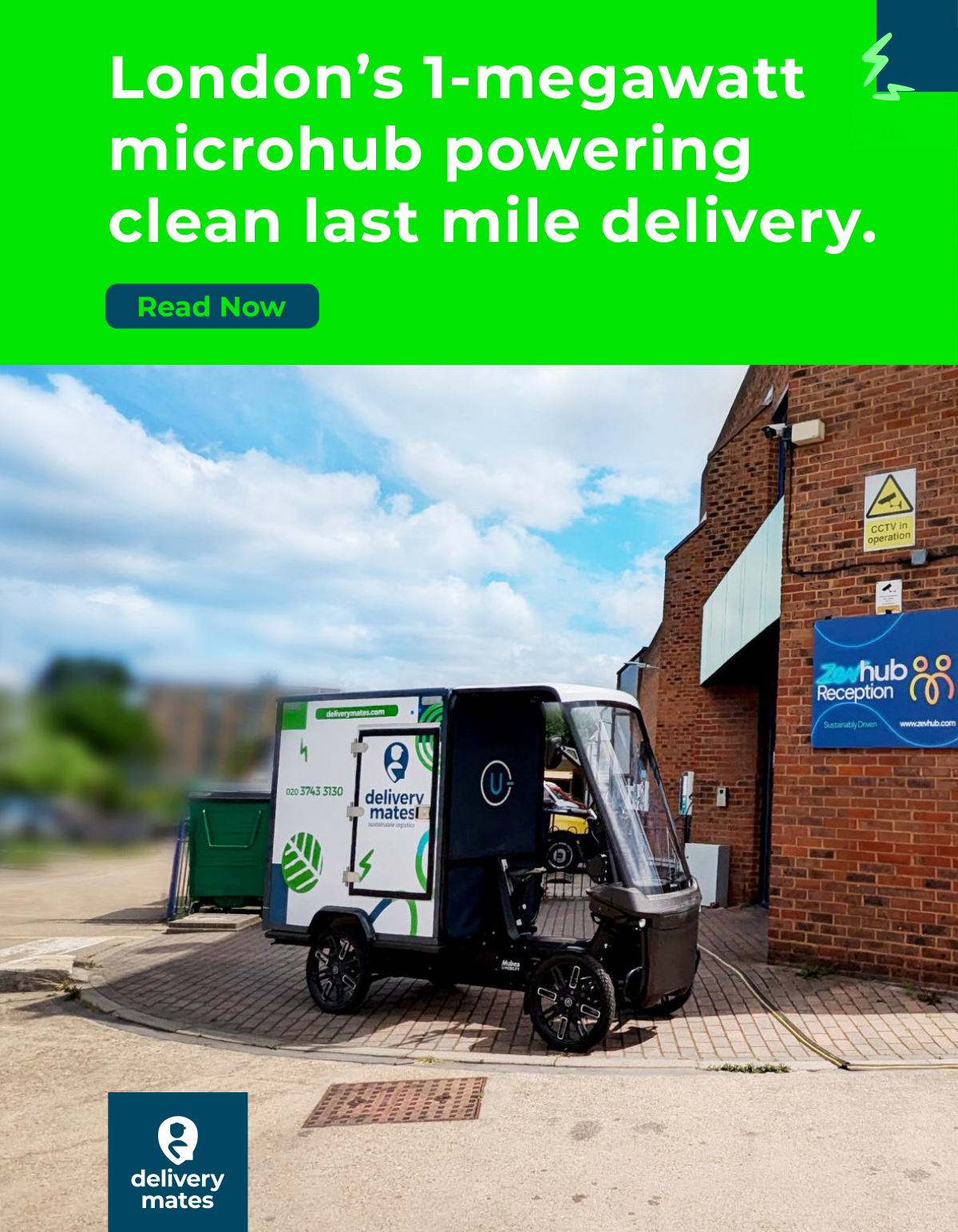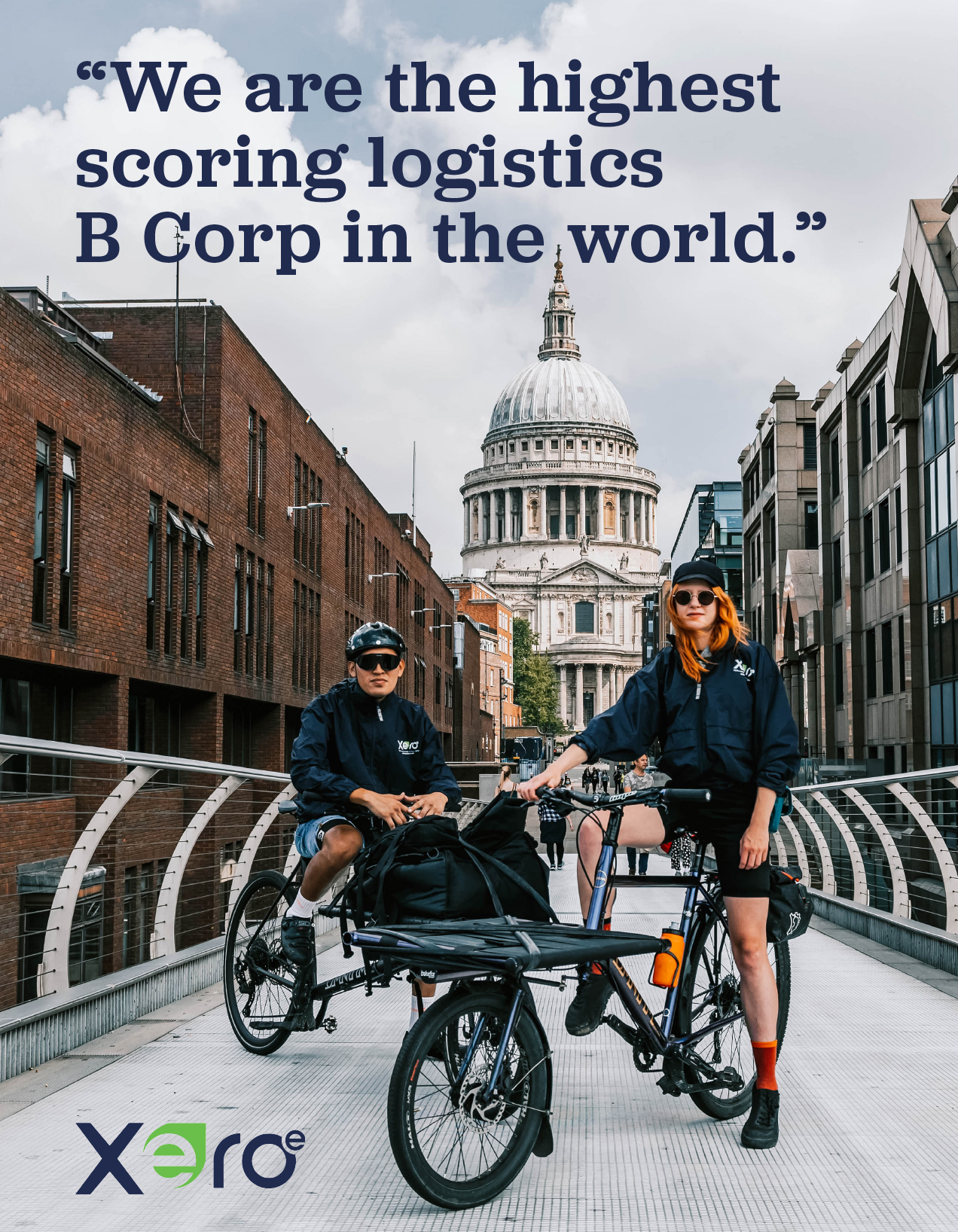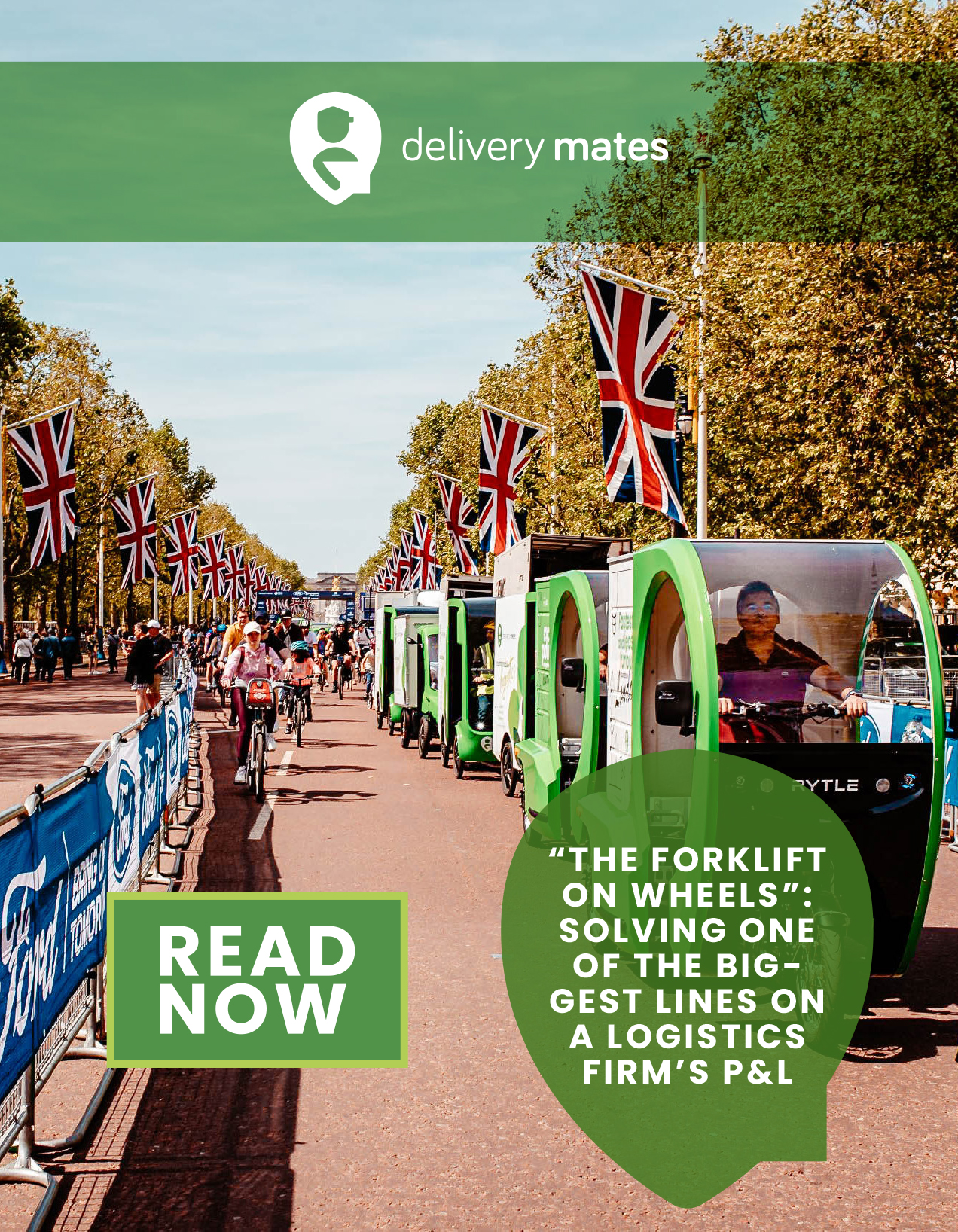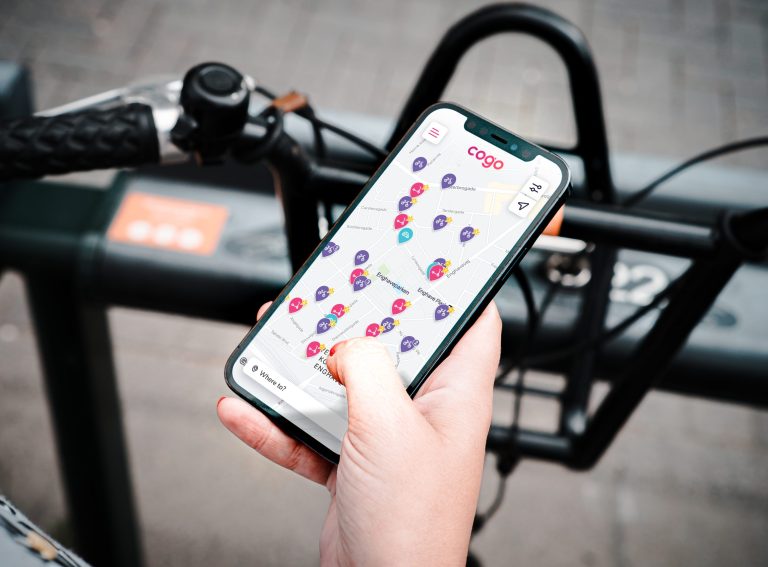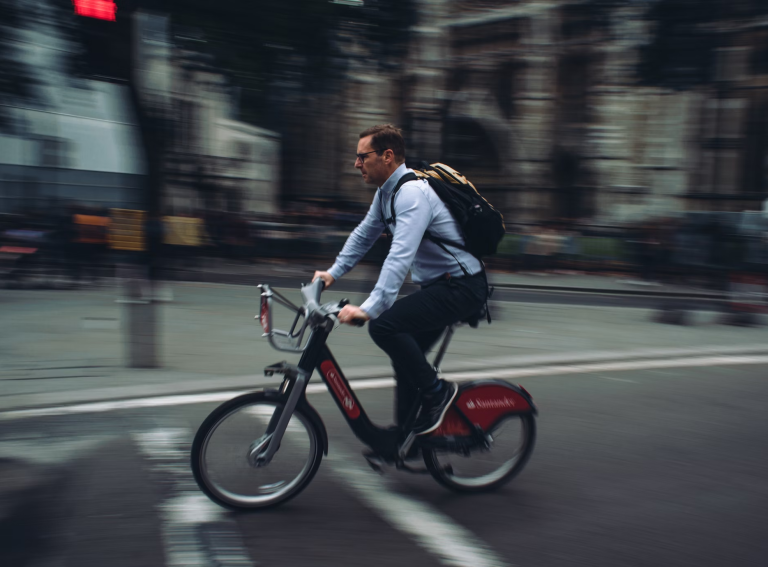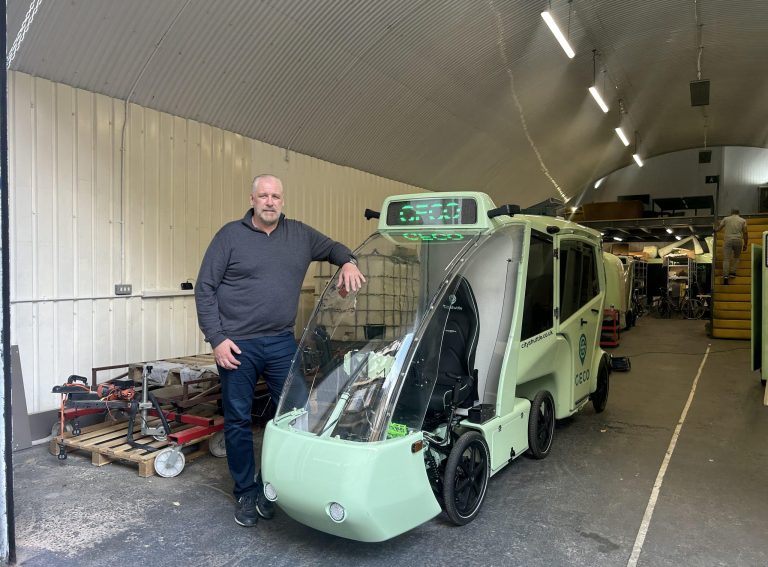One of the main objectives of the Department for Transport shared e-scooter trials is to determine how safe e-scooters will be on UK streets.
Collecting safety-related data is therefore a key requirement, and some of the city tenders have also been strongly focused on what safety-related innovations and assurances that the bidding operators can bring to the table. In particular, the London trial, organised by Transport for London, was heavily scored on the safety case.
While most fleet statistics and results, including safety data, are being reported privately to the Department for Transport (which is not publishing interim statistics of the trials while they are in operation), some of the 50 or so cities have published summaries, most notably London, Portsmouth and Birmingham – the latter two in relation to decisions on whether to extend the trials. This allows Zag to start to understand the injury rates and compare them with other modes such as the private bicycle.
Birmingham and London have reported similar serious injury rates at around 13 and 15 incidents per million miles travelled on e-scooters, while Portsmouth’s rate at 43 per million miles is significantly higher.
In comparison, the KSI (deaths and serious injuries) rates for cycling over the last few years have been relatively steady, at around one per million miles travelled. This actually dipped below one in 2020 due to a considerable increase in cycling (most likely safer leisure cycling away from busy roads as a lockdown activity, rather than additional commutes), while serious injury numbers remained similar.
As such, this early data suggests a serious injury rate for hired e-scooters – at least in London – that is significantly higher than for the private cycle and public road users in general.
On first reading, this sounds concerning. Is the UK’s newest transport mode the most dangerous? It is important to put this in perspective and consider whether the high rates are due to constraints of the trials themselves, due to unfamiliarity with the mode of transport both by the e-scooter users and by other road users who may not be familiar with the way the vehicles move. In addition, while any serious injury is concerning, the low-speed nature of the e-scooters themselves is likely to result in fewer life-changing or long term injuries characteristic of high-speed collisions. It is encouraging that, with well over 10 million shared e-scooter journeys completed to date, there are no reports of fatalities.
Voi, the operator in the Portsmouth trial, has stated that they estimate that 80 per cent of their recorded incidents (including non-serious ones not listed here) are due to new user unfamiliarity. As such we expect rates to gradually fall as the use of e-scooters continues to increase, users continue to gain experience, and the fleets stabilise and become a more familiar sight on UK streets.
The national KSI rate across all road traffic in Great Britain, for the year ending June 2021, was 24,530 for 293 billion vehicle miles, or just under 0.1 per million miles travelled. The provisional figures were published by the Department for Transport today.
We, unfortunately, cannot compare the statistics on the shared e-scooters with private ones. It is difficult to determine the serious injury rate for private e-scooters in the UK – while some overall incident statistics were recently released, it is difficult to baseline this, as private use is unregulated and indeed currently still illegal on public streets, and so usage (and distance travelled) numbers are very difficult to estimate.
| Vehicle type and area | Time period | No of deaths* or serious injuries (KSIs) | Miles travelled | KSI per million miles travelled |
| Shared e-scooters, London | 7/6/21-24/10/21 | 9 | 600,000 | 15 |
| Shared e-scooters, Portsmouth | 16/3/21-3/10/21 | 13 | 296,000‡ | 43 |
| Shared e-scooters, Birmingham | 10/9/20-31/7/21 | 11† | 870,000 | 13 |
| Cyclists, London | 2020 | 868 | 590 million | 1.5 |
| Cyclists, GB | 2020 | 4,356 | 5 billion | 0.9 |
| All Vehicles, GB | 30/6/20-30/6/21 | 24,530 | 293 billion | 0.1 |

